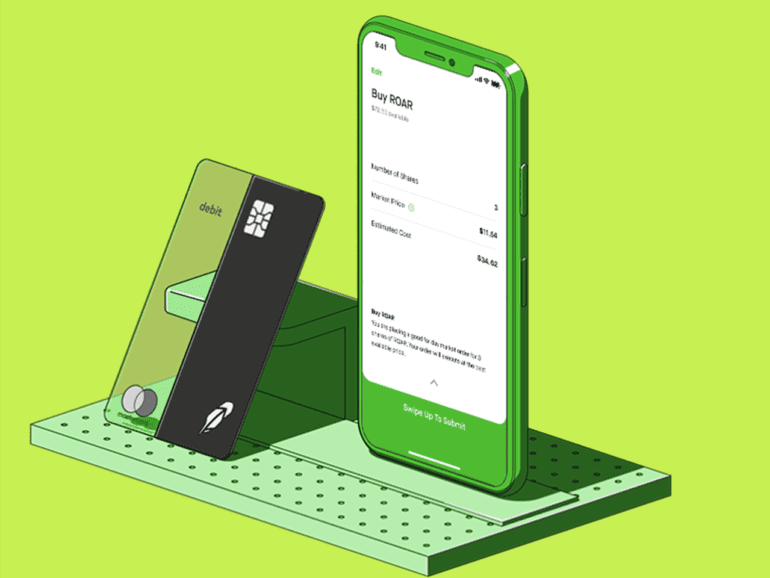Robinhood, the fractional share, retail investor favorite trading app, released its first quarterly report call after going public at the end of July.
The firm reported a doubling of last year’s revenue in just the second quarter to $565 million, but a net loss of $502 million, or $2.16 per share, in the second quarter.
“Our business is affected by many factors, including seasonality, general market conditions, and retail trading behavior as well as significant, unanticipated market events,” Robinhood said in a statement.
Though doubling net revenue in one quarter from $244 million total reported revenue in 2020, it was not enough to turn a profit. The firm said it saw $528 million in costs associated with the “fair value of convertible notes and warrant liability” in the quarter.
60% traded crypto
In Q2, about $451 million of the revenue came from transactions. More than 60% of registered accounts traded cryptocurrency, and more than half of all transaction revenue came from crypto trading at $233 million.
The Robinhood stock share price fell further as the firm announced a loss and predicted the third quarter would see a downturn in trading volume.
Options traders, known to flock to Robinhood in the past during meme stock short squeezes and price betting, contributed $165 million in transaction fees last quarter. Since finding trouble with cash on hand to meet reserve backing requirements in January, Robinhood has grown its war chest 205% to $102 billion.
CEO Vlad Tenav described the success of the firm’s vision, evident through wild swings in stock prices in the past year while downplaying the net loss.
“The US financial markets are one of the greatest sources of wealth creation in the world. However, access has been unevenly distributed with institutions and high net worth individuals, enjoying better access and tools than others,” Tenav said. “We built Robin Hood to fix that, through a mobile-first product that removed the economic, educational, and emotional barriers that have kept so many millions from participating.”


